Pregnancy Awareness
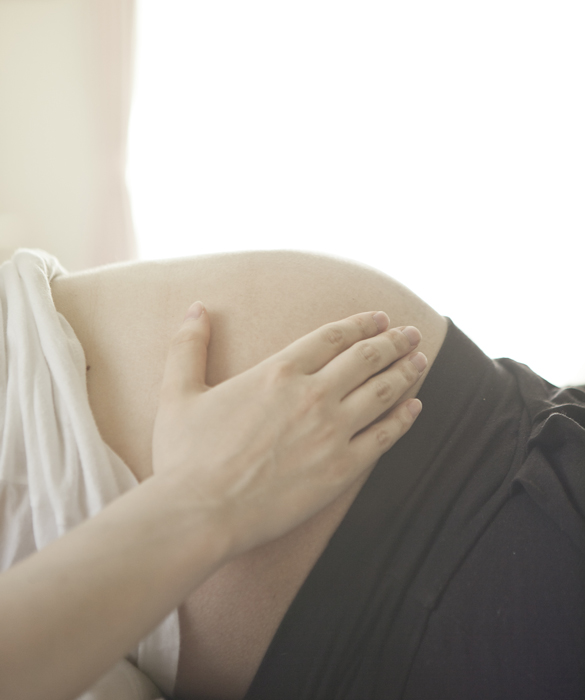
You don’t have to be expecting to know the list of things that pregnant women allegedly shouldn’t do or eat (like soft cheeses, sushi and caffeine). While your doctor will certainly provide you with all the information you’ll need to stay healthy through your pregnancy, we wanted to know what the less obvious things were. We spoke with experts to find out what you should be on the lookout for when you're pregnant.
Taking a Hot Bath
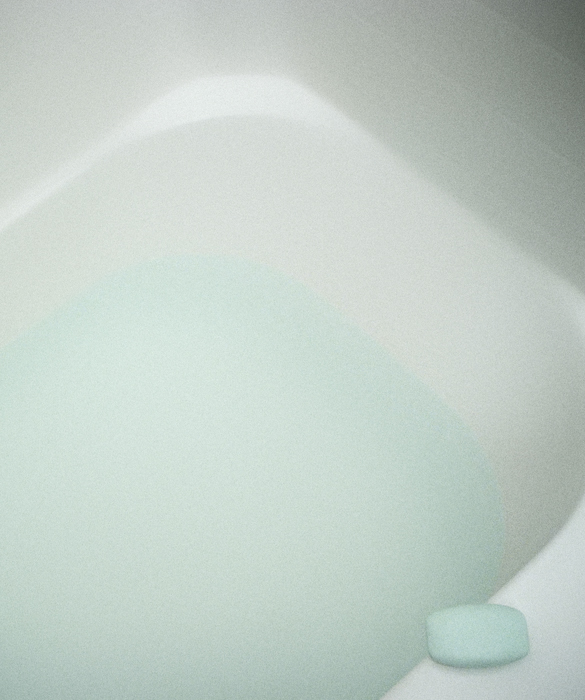
There’s no need to fear warm water, but according to the Organization of Teratology Information Services (OTIS), a body temperature of 101 degrees and above can raise concerns during pregnancy. Temps that high can cause mom’s blood pressure to drop, which deprives the baby of oxygen and nutrients, making miscarriages more likely, or it can cause dizziness and weakness. It’s best to just skip the hot tubs, saunas and extra hot baths while you’re pregnant.
Drinking Fruit Juice

“I find many patients at least somewhat surprised when we counsel them against drinking fruit juices during pregnancy,” says Dr. Ronald Woodard, an ob-gyn in Glendale, Calif. Although the common belief about fruit juice is that they’re full of vitamins, the sugar content actually tends to be pretty high. “Since the sugar is in liquid form, it absorbs rapidly, potentially increasing blood sugar levels to undesirable levels,” Woodard says. “In doing so, excessive fruit juice consumption may contribute to the development of gestational diabetes.”
RELATED: General Pregnancy Dos and Don'ts
Eating Leafy Vegetables

You’ve probably heard all about staying away from deli meats and soft cheeses when you’re pregnant, but did you know leafy vegetables could pose a risk, as well? Although leafy vegetables are also commonly considered healthy foods, pregnant women should actually be very cautious of them. “Green, leafy vegetables that are not properly washed can carry a bacteria called “listeriosis,” which could affect both mom and baby,” says Dr. Roseline Dauphin-Baptiste, an ob-gyn in Glendale, Calif.
Changing Cat Litter

The issue with kitty litter is a parasite called toxoplasmosis, says Dauphin-Baptiste. “This particular organism can breed in litter boxes if the cat is a carrier, and it can cause malformation in the fetus,” she says. However, if your cat lives indoors and has been tested to see whether she is a carrier for the parasite, then you really don’t need to be worried.
Using Electric Blankets
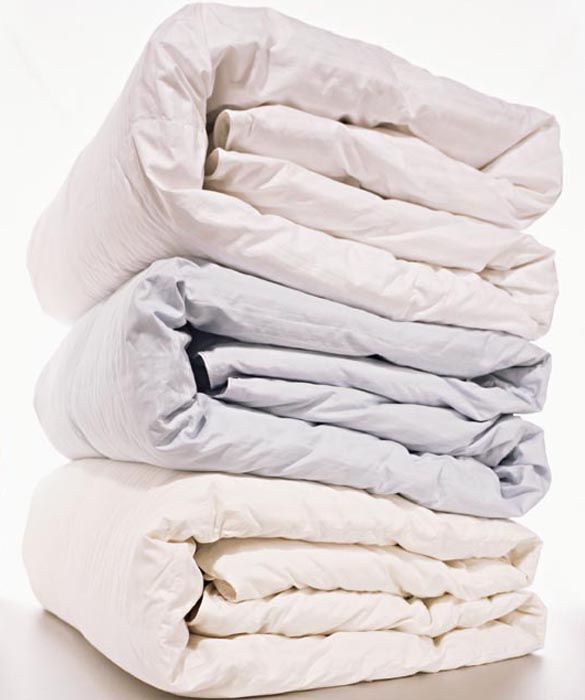
Unfortunately, you’ll have to find another way to warm up if you’re cold when pregnant, because electric blankets actually produce low levels of electromagnetic fields that could be harmful to a developing fetus.
Laying on Your Back
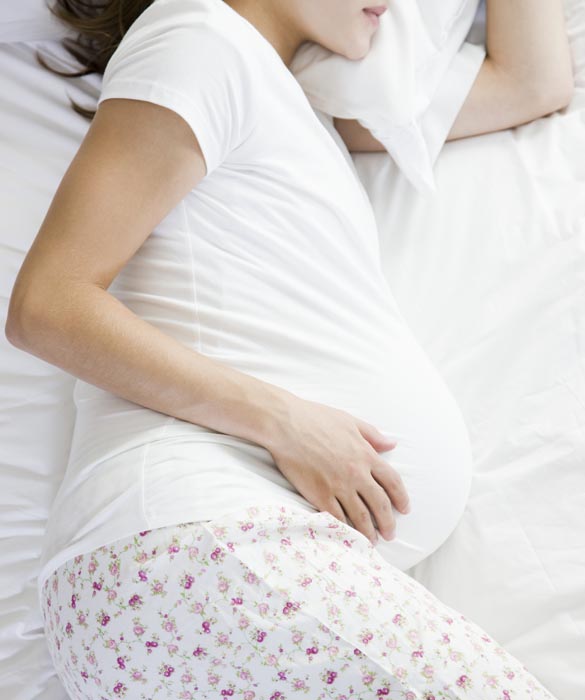
While we understand how difficult it is to find a comfortable position to sleep in when you’re pregnant, experts agree that sleeping on your left side is preferable when you’re carrying a baby. Sleeping on your back can cause backaches and breathing problems, as well as low blood pressure and other risks, while sleeping on your side helps increase blood flow to the fetus.
RELATED: Raising a Baby the Green Way
Painting the Nursery

It’s tempting to start painting your baby’s new nursery the moment you find out you’re pregnant, but you might actually want to hold off. Pregnant women should be very careful about being around fumes, especially in rooms or areas that might not be properly ventilated, says Dauphin-Baptiste. It’s probably best to let your significant other handle this one.
Using Certain Skin Care Products
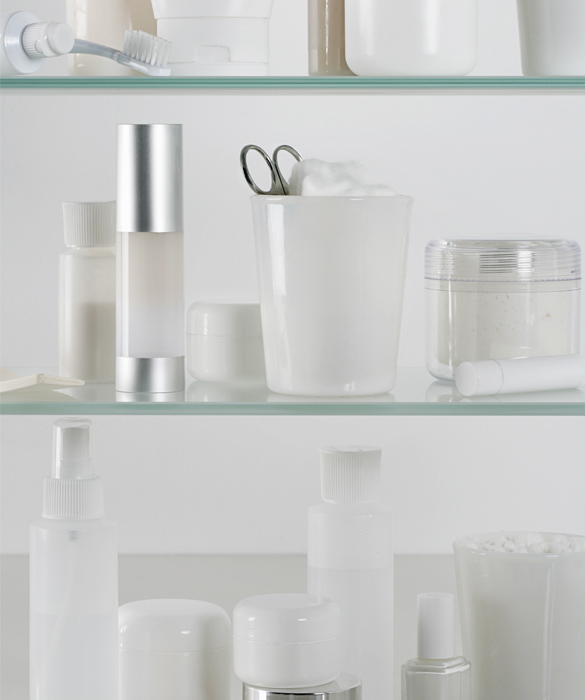
It’s important to take a look at your skin care routine when you’re pregnant, since the chemicals in the products we apply to our skin can sometimes be absorbed into our bodies—and therefore affect our developing babies. For example, Dr. Heather D. Rogers of the Madison Skin & Laser Center in Seattle suggests staying away from products that contain retinoids, salicylic acid and benzyl peroxide.



